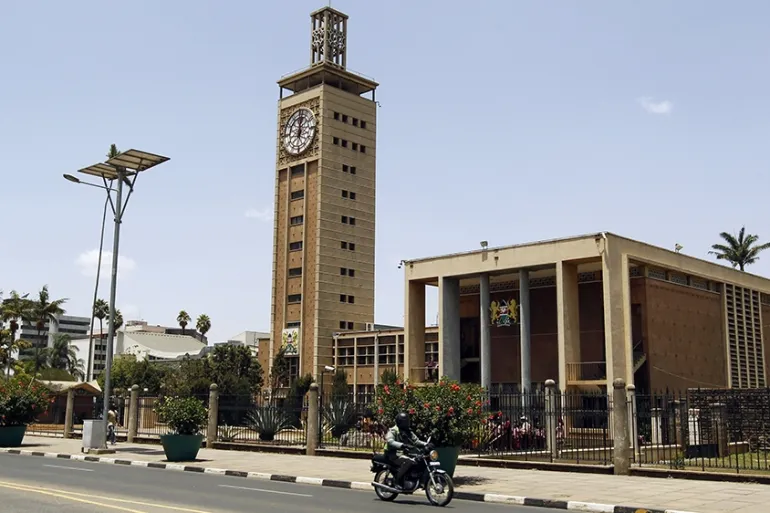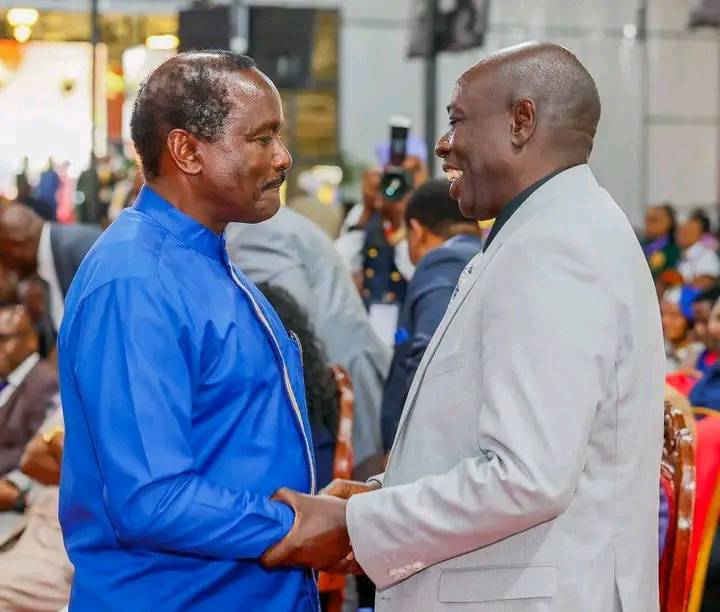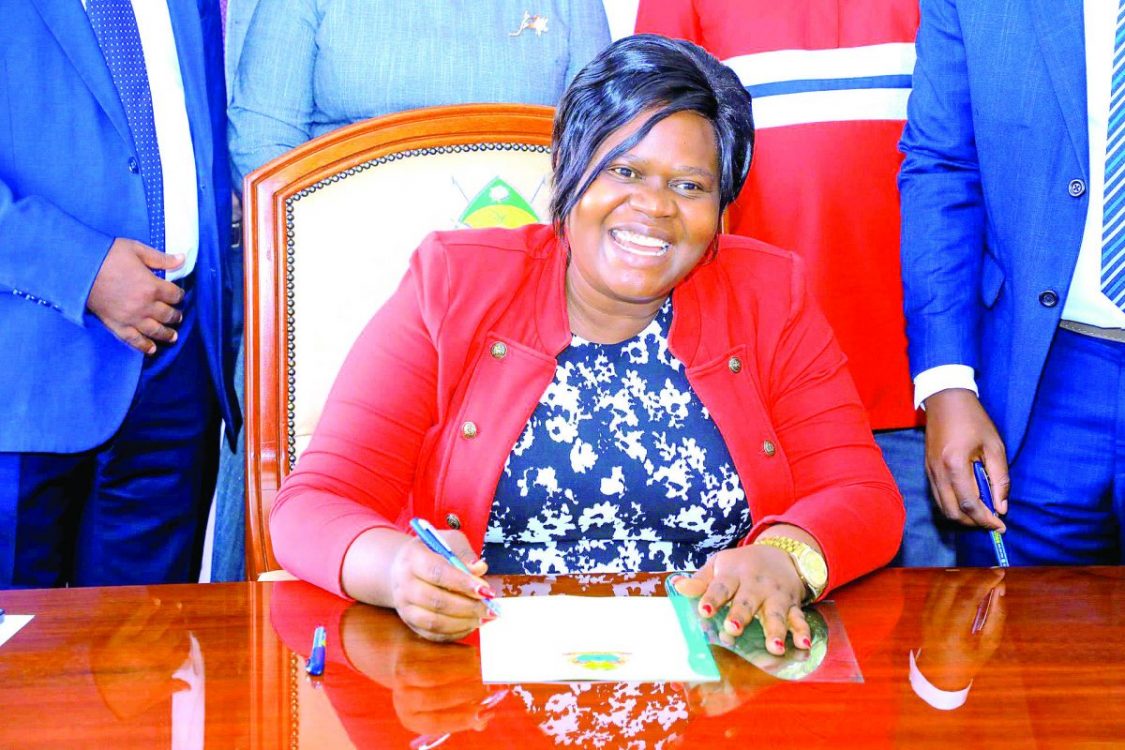The Weekly Vision Team
The Kenya Kwanza administration’s bid to streamline presidential transitions through the Assumption of the Office of President and Transition of Executive Authority Bill, 2025, has suffered a significant setback after the National Assembly’s Committee on Administration and Internal Security recommended its rejection.
To unlock the full article:
Choose one of the options below:
- Ksh 10 – This article only
- Ksh 300 – Monthly subscription
- Ksh 2340 – Yearly subscription (10% off)
Tabled in Parliament on 17th December 2024, the Bill aimed to establish a robust legal framework to ensure seamless and transparent handovers of executive power following elections. However, the committee, chaired by Narok West MP Gabriel Tongoyo, argued that the existing Assumption of the Office of President Act, 2012, already provides sufficient mechanisms, rendering the new legislation redundant.
The proposed Bill sought to address gaps exposed during past transitions, notably the contentious 2022 handover from President Uhuru Kenyatta to President William Ruto, which was marred by allegations of sabotage. Key provisions included a KSh10 million fine or up to 10 years’ imprisonment for state officers obstructing the transition process, as well as security arrangements for the President-elect and Deputy President-elect equivalent to those of incumbents. It also outlined the creation of a Transition Centre and an Assumption of Office Committee, with the President-elect appointing nine members to oversee the process. Additionally, the Bill proposed a 90-day moratorium on payments exceeding KSh50 million, new contracts, and international commitments before elections, to curb misuse of public funds.
Despite support from state actors, including the State Department for Parliamentary Affairs and Internal Security, the committee’s report, shaped by public and stakeholder consultations, deemed the Bill unnecessary. The committee argued that any shortcomings in the 2012 Act could be addressed through amendments rather than new legislation. Citing Article 141(4) of the Constitution, which limits the scope of transition laws to the President’s assumption of office, the committee rejected the Bill’s inclusion of appointive positions such as the Attorney General and Cabinet Secretaries, as these are governed by separate constitutional procedures.
The committee also raised concerns about the Bill’s proposed expenditure limits during transitions, warning that restricting already appropriated funds could disrupt critical services such as security, healthcare, and disaster management. Furthermore, the requirement for the Head of Public Service to allocate funds for a transitional committee was viewed as exceeding constitutional mandates, potentially creating budgetary conflicts. These objections underscored the committee’s view that the Bill overreached both legally and practically.
Supporters of the Bill, including the Kenya Law Reform Commission (KLRC), argued that it would enhance democratic stability by clarifying structural and procedural aspects of transitions. The State Department for Parliamentary Affairs emphasised that a seamless transfer of power is a hallmark of a mature political system, complementing free and fair elections. The Inspector General of Police and the Office of the Deputy President proposed amendments to ensure adequate facilities and personnel for both the President-elect and Deputy President-elect, highlighting the Bill’s potential to dignify and order the transition process.
The rejection comes amid broader governance challenges, with public trust strained by recent controversies such as the withdrawn Finance Bill 2024, which sparked protests over proposed tax hikes. Posts on X reflect public frustration with governance, with some users alleging that political elites prioritise personal interests over public welfare, though these claims remain unverified. The committee’s decision may fuel perceptions of resistance to reform, particularly as Kenya prepares for future elections.
As Kenya navigates its democratic journey, the rejection of the Bill underscores the need for consensus-driven reforms. While the government seeks to modernise transition processes, balancing constitutional fidelity with practical governance demands remains critical. The National Assembly’s next steps, whether to amend the existing Act or revisit the Bill, will shape Kenya’s ability to ensure stable and transparent leadership transitions.
[/full]




